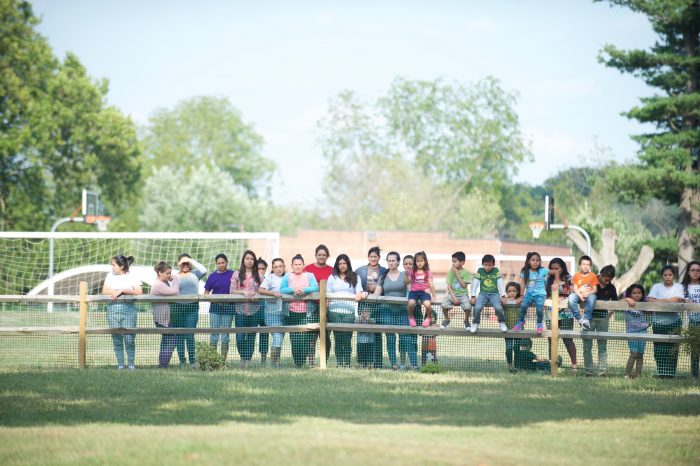On Tuesday, U.S. District Court Judge M. Dolly Gee issued a long-awaited ruling that gave former President Obama’s “family detention” practices the smackdown they deserve. “Family detention” was the Obama administration’s euphemism for its practice of detaining Central American mothers with their children in inhumane conditions for lengthy periods of time in violation of the Flores Settlement Agreement: a Clinton-era settlement of a Reagan-era lawsuit regarding the mistreatment of children in federal immigration detention.
After Judge Gee’s July 24, 2015 decision finding that the Obama Administration had violated the Flores Settlement Agreement by mistreating immigrant children, the government appealed. The Ninth Circuit affirmed Judge Gee’s original decision as to the treatment of immigrant children under the age of 18 on July 16, 2016. However, numerous allegations of mistreatment of children in federal immigration detention continued, and the Center for Constitutional Law filed a motion to enforce the settlement agreement.
Judge Gee found that the government continues to detain children in “deplorable and unsanitary conditions” at Customs and Border Protection stations in the Rio Grande Valley Sector—essentially a violation of the agreement. The mistreatment of children in immigration detention proven by the Plaintiffs includes lack of adequate food (some of the food made the children ill), lack of clean drinking water, unsanitary conditions (testimony was presented that up to 50 people were forced to use an open toilet in one room), extremely cold temperatures of detention cells (hieleras)/some CBP officers who purposely made the cells colder to retaliate against crying children, and impossible sleeping conditions, all in flagrant violation of CBP policies and standards.
Judge Gee also held that the federal government has not properly made continuous efforts to release minor children, and is required to make individual determinations as to whether each child should continue to be detained. The government had argued that it lacked the institutional resources to evaluate placements of children; however, since the federal government agreed to do those evaluations in 1997, Judge Gee was unpersuaded. The government also argued that it should be allowed to continue to place immigrant children in secure, unlicensed facilities despite Judge Gee’s prior 2015 order because the states do not license immigration facilities; in response, Judge Gee ruled that children simply may not be held in those facilities.
Last, but not least, the Plaintiffs presented evidence that children were being detained for periods in excess of the permitted maximum of 20 days, and cited children who were detained five weeks, eight months and 13 months, respectively. Philip Miller, Immigration and Customs Enforcement’s Executive Associate Director of Enforcement and Removal Operations testified in a deposition that the government measures the length of stay for detainees who have been released (and therefore does not include information on detainees that are still currently detained, no matter how long they may have been in detention).
Judge Gee ordered the government to identify and propose a “Juvenile Coordinator” to report directly to the Court regarding the government’s compliance with its obligations toward immigrant children in detention. If, in a year, the government is still not in substantial compliance, the Court will consider the appointment of an independent monitor.
***
Amy Maldonado is an immigration attorney. She tweets from @AmyMaldonadoLaw.



